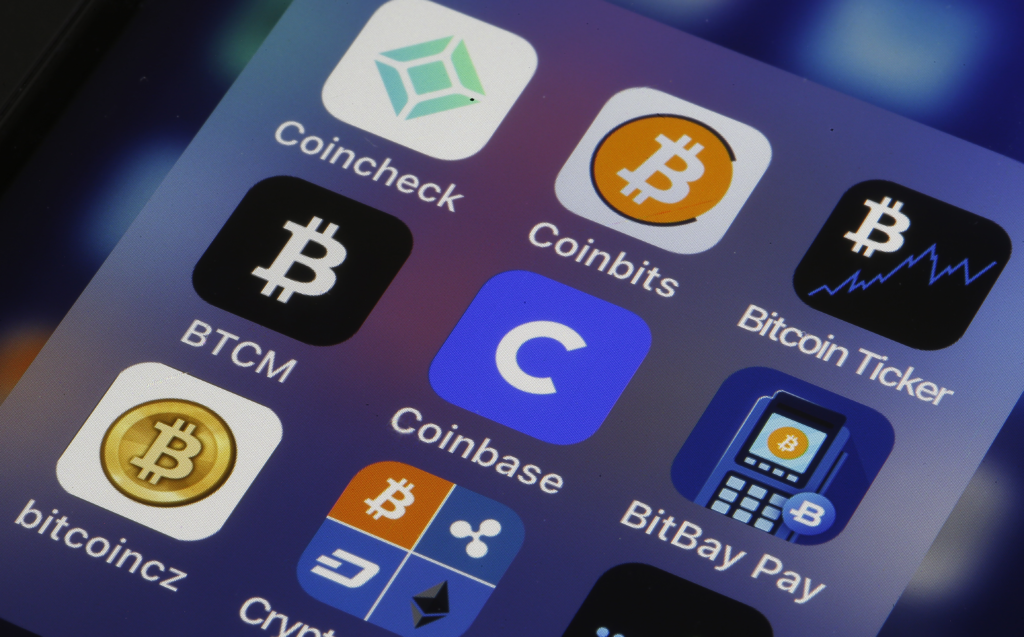Use the map below to see where crypto is legal and where it’s banned. Tap or hover to see specific regulations about taxation, anti-money laundering laws, and counter-financing of terrorism laws. Use the searchable table at the bottom of the article to find more information. Data comes from various sources, including the Global Legal Research Directorate at the Law Library of Congress, state archives, and various legal databases.
More than 1.8 billion people around the world are locked out of crypto by their government. The crypto industry is banned in 13 countries, some of which include Algeria, Bangladesh, China, Egypt, Ethiopia, and Iraq.
For 1.39 billion humans in 40 countries — including Cambodia, Iran, Nigeria, Pakistan, and Saudi Arabia, crypto is partially banned. This can mean banks can’t offer crypto services to customers or exchanges — apps that let you buy and sell crypto — can’t legally operate. Crypto users may be able to trade and invest at their own risk, but can’t exchange crypto for cash or use it to make payments.
For 3.6 billion humans in 75 countries — roughly half of Earth’s population — crypto is legal to some degree. Countries like the U.S., Mexico, Japan, Australia, and most of Europe allow people to trade crypto and cash out using exchanges, though various regulations may apply.
The most common regulations outline how crypto will be taxed, help authorities flag suspicious account activity and ensure money is not used to fund terrorist activity. These regs are called anti-money laundering and counter-financing of terrorism laws.
Two countries have given Bitcoin legal tender status — El Salvador and the Central African Republic. These nations account for 11.3 million people.
The C.A.R.’s Bitcoin plan is still taking shape since it was announced April 27, but in El Salvador, merchants are required by law to accept Bitcoin as payment. By contrast, in 2001, El Salvador legalized the U.S. dollar but didn’t require anyone to accept dollars for payment. In the U.S. no merchant is required to accept cash or anything else as payment. Bitcoin’s promise of economic freedom never mentioned forcing people into mass adoption.
Bitcoin as legal tender also means some of El Salvador’s cash reserves are held in Bitcoin, therefore subject to crypto volatility. On May 10, El Salvador’s Bitcoin holdings were valued at $71.3 million. On June 1 that dropped to $68.5 million. By June 16 that fell to $46.8 million.
Salvadorans holding their savings in Bitcoin have lost almost half their purchasing power in one month. As of publishing this story, the republic’s Bitcoin holdings are valued at around $7/citizen.
If more people are using Bitcoin, like the entire population of El Salvador (roughly 6.5 million people), shouldn’t we see that reflected in Bitcoin’s price?
If every person in El Salvador had a Bitcoin wallet worth $10,000, that would add $65.4 billion to Bitcoin’s market cap, the total number of available Bitcoin multiplied by the current asking price. That sounds like a lot of cash but it’s only around 16 percent of Bitcoin’s current market value — right now at $400 billion dollars.
That also assumes everyone in the country uses Bitcoin, but digital infrastructure in El Salvador doesn’t reach everyone. The International Telecommunication Union says 68 percent of people in El Salvador were covered by a 4G network in 2020 and just 55 percent of people use the web.
American leaders are also having the crypto conversation. In California, Assembly Bill 2689 aims to define crypto as a legal method of payment. In Arizona, SB1341 aims to make Bitcoin legal tender. In 2022, 35 other states have had crypto legislation on the agenda, ranging from taxation to establishing legal guidelines for the expanding crypto industry.
At the US Senate, Republican Cynthia Lummis and Democrat Kirsten Gillibrand are pushing the Responsible Financial Innovation Act, an attempt to bring order to the crypto rollercoaster by shifting regulatory duties from the SEC to the Commodity Futures Trading Commission, establishing rules for crypto companies, and creating consumer protections.
Author
Administraroot

